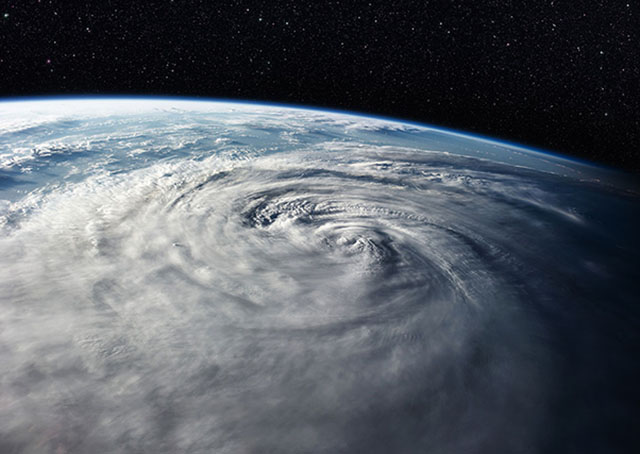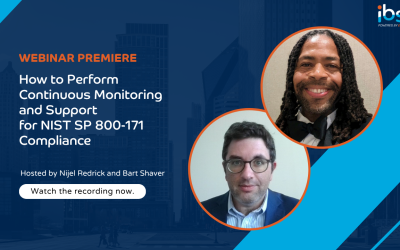Hurricanes Are Powerfully Destructive Phenomenons
Hurricanes are among nature’s most powerful and destructive phenomena. Hurricane season in the U.S. runs from June 1 to November 30 each year.
Over a typical 2-year period, the U.S. coastline is struck by an average of three hurricanes, one of which is classified as a major hurricane (winds of 111 mph or greater).
You can increase your chance of survival by knowing what to do before, during, and after a hurricane.
NOAA has set aside 1 week every year to help people prepare for hurricane season. This year, April 30 – May 6, 2023 is National Hurricane Preparedness Week. Watch IBSS’ social media accounts during that timeframe for helpful information so you can become weather ready and hurricane safe.
Hurricane Hazards
Hurricanes, tropical depressions, and tropical storms have similar hazards: storm surge flooding, inland flooding from heavy rains, destructive winds, tornadoes, and high surf and rip currents.
- Storm winds cause an abnormal rise of water, which is called storm surge. Storm surge and large waves can cause significant damage to coastlines and result in loss of life. Historically, storm surge is the leading cause of hurricane-related deaths in the U.S.!
- Inland areas are typically affected by storm surge, especially areas along bays, rivers, and estuaries.
- Because of the torrential amounts of rain that hurricanes and tropical depressions and storms produce, inland areas – even those several hundred miles inland – can become flooded for several days after a storm has passed.
- Winds from hurricanes can destroy buildings and manufactured homes. Signs, roofing materials, and items left outside can become projectiles during these high winds.
- Tornadoes can accompany these storms and occur in rain bands that are far away from the center of the storm.
- Dangerous winds can cause deadly rip currents, significant beach erosion, and damage to structures along the coastline, even when the storm is more than 1,000 miles offshore.
Hurricane-Related Flooding
Many people only think about the damage that wind causes, but hurricane-related water hazards are historically the most deadly.
Just 1 foot of water can carry a small car, but during storm surge, many feet of water can move onshore. The force of this water can not only carry cars, but can completely sweep houses and buildings off of their foundations. As a result, damage from storm surge can be catastrophic.
Hurricane Watches and Warnings – What’s the Difference?
A Hurricane Watch means that hurricane conditions (sustained winds of 74 mph or greater) are possible somewhere within the specified area, whereas a Hurricane Warning means that hurricane conditions (sustained winds of 74 mph or greater) are expected somewhere within the specified area and that people should evacuate immediately if so ordered.
Because it may not be safe to prepare for hurricane wind or storm surge once the storm is close, watches are typically issued 48 hours before the hazardous conditions are possible somewhere within the specified area and warnings are typically issued 36 hours before the hazard is expected to begin somewhere within the specified area.
Flooding and Rain-Related Hazards
Flooding can still be a major hazard weeks after a hurricane passes, even when evacuation orders may have expired and wind is no longer a threat.
- Always maintain a safe distance from flooded and damaged areas
- Never drive through floodwaters or across compromised bridges
- Always pay attention to signage and barriers
- If you encounter flooding: Turn Around and Don’t Drown!
For tips on hurricane preparedness and safety, please visit NOAA’s Hurricane Safety webpage.
IBSS will post daily social media Hurricane Safety messages during Hurricane Preparedness Week 2023, which is April 30 – May 6.
ABOUT IBSS
Since 1992, IBSS, a women-owned small business, has provided transformational consulting services to the Federal defense, civilian, and commercial sectors. Our services include cybersecurity and enterprise information technology, environmental science and engineering (including oceans, coasts, and weather), and professional management services.
Our approach is to serve our employees by investing in their growth and development. As a result, our employees bring greater capabilities and provide an exceptional level of service to our clients. In addition to creating career development opportunities for our employees, IBSS is passionate about giving back to the community and serving the environment. We strive to leave something better behind for the next generation.
We measure our success by the positive impact we have on our employees, clients, partners, and the communities we serve. Our tagline, Powered by Excellence, is a recognition of the employees that make up IBSS and ensures we deliver results with quality, applying industry best practices and certifications. Read more About Us.





